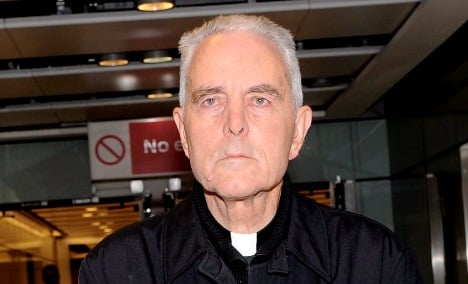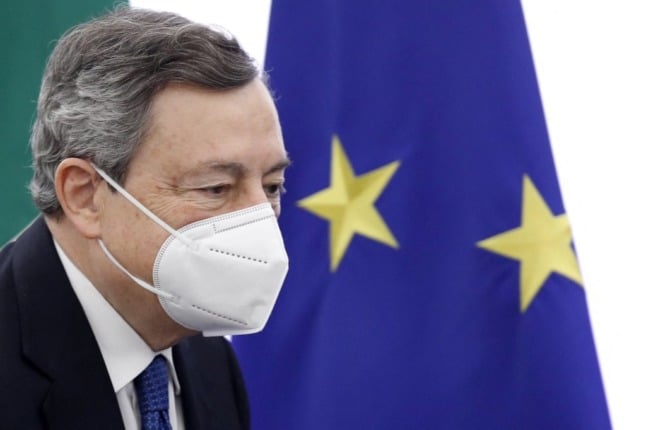Williamson, 78, sparked an outcry in 2009 by denying that the Nazis used gas chambers during the systematic murder of six million Jews during World War II.
His lawyers tried to argue he should not had been convicted because the comment was made during a television interview broadcast in Sweden, where Holocaust denial is not illegal.
But the interview was recorded in Germany, where it is a criminal offence to dispute the mass murder of Jews by the Nazis.
Williamson was convicted of incitement to hatred and ordered to pay a €12,000 fine, which was reduced to €1,800 in 2013 after a series of legal challenges.
The European court said it found no reason to disagree with the German ruling that Williamson's “denial and downplaying of the genocide perpetrated against the Jews had disparaged the dignity of the Jewish victims”.
It pointed out that Williamson knew his comments were illegal in Germany, and confirmed that since the interview was recorded there it was legal to prosecute the case in the country.
He did not seek to make special arrangements to ensure that the interview would not be available beyond Sweden, and would have been aware that it would have been accessible elsewhere via satellite TV and the internet, it agreed.
Williamson was formerly a member of the ultra-conservative Society of Saint Pius X but was kicked out in 2012 for disobeying orders from his superiors.
He was excommunicated by the Vatican in 1988 after he was ordained by a fundamentalist archbishop against papal orders.
He was allowed back into the Church in 2009 as part of a move by then pope Benedict to heal a rift between the Vatican and fundamentalists.
That decision came days after the airing of Williamson's Holocaust-denying Swedish interview. An embarrassed Vatican said it had not been aware of the comments.
Williamson was excommunicated for a second time in 2015 after he consecrated a new bishop in Brazil despite not being authorized to do so.



 Please whitelist us to continue reading.
Please whitelist us to continue reading.
Member comments